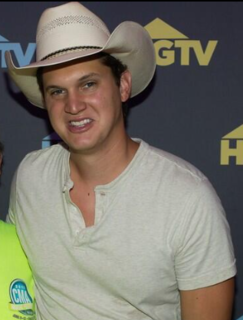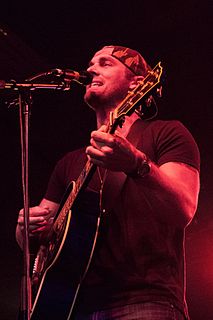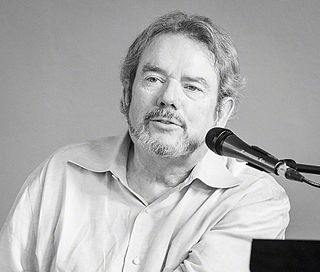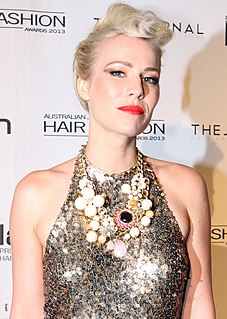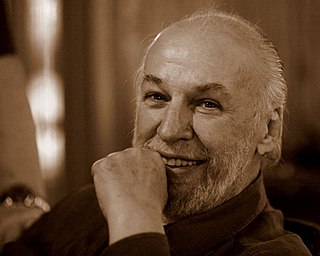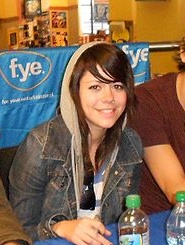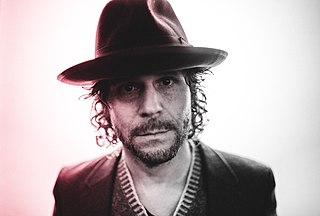A Quote by Pete Seeger
I was working for Alan Lomax in the Library of Congress folk song archive, and starting to realize what a wealth of different kinds of music there was in this country that you never heard on the radio.
Related Quotes
He [Alan Lomax] started right off trying to find people who could introduce folk songs to city people. He found a young actor named Burl Ives and said, "Burl, you know a lot of great country songs learned from your grandmother, don't you know people would love to hear them?" He put on radio programs. He persuaded CBS to dedicate "The School of the Air" for one year to American folk music. He'd get some old sailor to sing an old sea shanty with a cracked voice. Then he'd get me to sing it with my banjo.
New Orleans had a great tradition of celebration. Opera, military marching bands, folk music, the blues, different types of church music, ragtime, echoes of traditional African drumming, and all of the dance styles that went with this music could be heard and seen throughout the city. When all of these kinds of music blended into one, jazz was born.
The power of a label and radio and a booking agency and all that - you never know until you experience it the first time, but being able to have a song on radio, but then go play a show for people that have heard the song on radio, and having it sung back to you, is - I don't know how to describe it.
You certainly don't hear any country music on pop radio today. But for a while you did, and it was a lovely thing to have all the different genres of music cohabitating the Top 40 - the folk sound, The Beatles, the British sound, the Motown sounds, that kind of light country - it was a welcome relief after a few hard rock records. Everyone was sharing the airwaves, and I think it was a beautiful time for American music.
It started so early, it all runs together. But what made a huge impact on me was when I went to Europe at 15 or 16 years old. All I knew before that was music on the radio and TV. When I went over there I realized there are all different levels of music. There are people who do blues, jazz, classical, working in film, TV and all kinds of places. You might not see them on MTV but there are lots of needs and uses and opportunities for all kinds of music.
Listen- my relationship with radio on a personal level is nothing but a one way love-a-thon... I love radio, I grew up on radio. That's where I heard Buddy Holly, that's where I heard Chuck Berry. I couldn't believe it the first time I heard one of my records on the radio, and I STILL love hearing anything I'm involved with on radio, and some of my best friends were from radio. But we were on different sides of that argument, there's no question about that.
I think that if you listen to the same exact genre of music that you play, it is so easy to be influenced by it. There will be times where we are writing a song, and then realize that it songs like something we just heard on the radio. There was a while when we were writing, that I didn't listen to music because I didn't want to be influenced.




